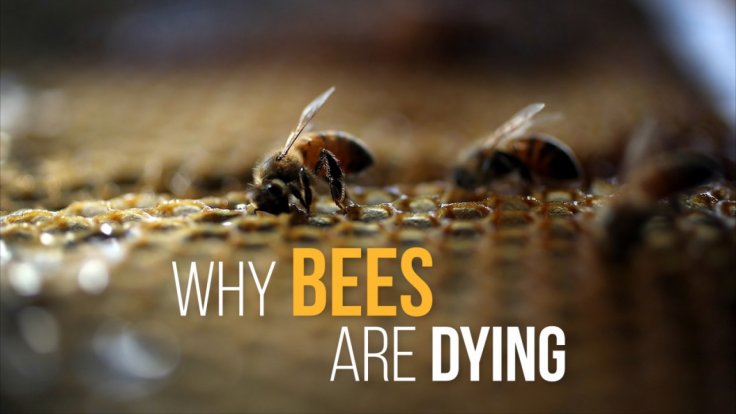
A new study has claimed that a third of British wild bees and hoverflies are drastically declining. Researchers who took part in the study revealed that some of the pollinating insect species will be wiped out soon in the future, and if it happens, it will drastically impact the ecosystem.
During the study, published in the journal Nature Communications, researchers looked at trends in 353 wild bees and hoverflies in Scotland, England and Wales over 33 years from 1980.
The study found that a third of species showed declines in terms of areas where they were found. However, 10 percent of insect species surprisingly became more abundant and it includes, some bees that pollinate certain flowering crops.
Researchers made it clear that relying on this 10 percent will not be a great idea for pollination needs in the future.
"It would be risky to rely on this group to support the long-term food security for our country. If anything happens to them in the future, there will be fewer other species to step up and fulfill the essential role of crop pollination," said Dr Gary Powney, a researcher at the Centre for Ecology and Hydrology (CEH) in Wallingford, Oxfordshire, Phys.org reports.
As per experts, loss of habitat is the most likely reason behind the widespread decline in the insect population. Scientists also believe that climate change is also negatively affecting the insect population, especially among upland and northern species.
In the study report, scientists also urged people to adopt wildlife-friendly farming and gardening to combat the population loss of insects.
As per another study report published in the journal Biological Conservation had hinted that global insect population is declining rapidly. The research report also added that the ecosystem in the earth will be collapsed if this issue remains unaddressed.









